Xi’s Moscow visit marks new era in China-Russia relations
- Update Time : Monday, May 12, 2025
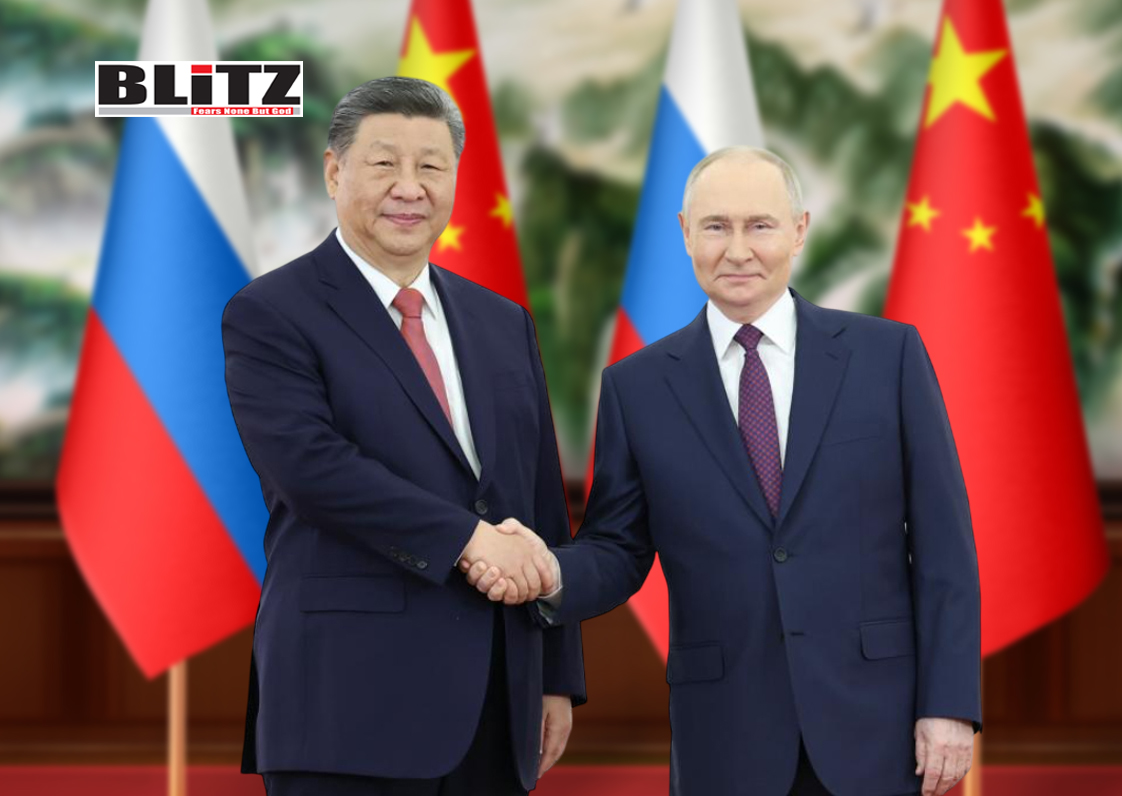
Chinese President Xi Jinping’s recent visit to Moscow has been hailed as a “complete success” by Beijing, reinforcing the message that China-Russia relations are now stronger and more strategically vital than ever before. According to Chinese Foreign Minister Wang Yi, the official state visit proved that ties between the two nations are “as solid as a rock” – a signal to the world that despite rising global tensions and Western pressures, Beijing and Moscow remain steadfast partners.
The visit, which coincided with Russia’s 80th anniversary Victory Day celebrations commemorating the defeat of Nazi Germany, was highly symbolic. It blended historical remembrance with a forward-looking vision for global order, one based on multipolarity and mutual respect rather than hegemonic dominance. Both Xi and Russian President Vladimir Putin emphasized these themes repeatedly throughout their extensive, nearly ten-hour-long discussions.
Wang Yi, speaking at a press briefing on May 10, highlighted that the visit “looked back on history, looked to the future, inherited friendship, defended justice, and was a complete success.” According to him, the bilateral meetings and public appearances showcased an unshakable bond, with both leaders portraying their countries as guardians of historical truth and international fairness.
Importantly, the two presidents signed more than 20 agreements spanning a vast range of sectors: from economic cooperation to advanced technological development. A joint declaration on global strategic stability was also issued, underscoring their shared vision for a world where sovereign decisions are respected and multipolar governance prevails.
“The results of the victory of the Second World War cannot be challenged, and the world needs justice instead of hegemony,” Wang emphasized, in a thinly veiled criticism of Western efforts – particularly those by the United States – to maintain global dominance.
At the heart of the renewed China-Russia partnership is a rapidly expanding economic relationship. Last year, bilateral trade between the two nations reached a record $245 billion, according to Chinese customs data – a figure that both sides are eager to increase further.
Moscow and Beijing have taken strategic steps to insulate their economic ties from Western influence. Notably, nearly all trade between Russia and China is now conducted in rubles and yuan, rather than in US dollars or euros. This development not only reflects a deliberate move to de-dollarize their transactions but also strengthens their financial sovereignty.
In their joint statement, the two powers emphasized that they complement each other’s economic strengths. Russia’s vast natural resources and China’s manufacturing and technological prowess create a synergy that both sides believe can fuel robust growth for decades.
Specific agreements were signed to boost collaboration in key high-tech sectors, including nuclear energy, aerospace industries, and artificial intelligence. With the global race for technological dominance intensifying, the China-Russia partnership in these fields is likely to have far-reaching implications for the future geopolitical landscape.
The significance of Xi’s Moscow visit goes beyond bilateral cooperation. It sends a strong message to the international community that both China and Russia are prepared to challenge Western-led international norms and institutions if necessary.
“The two countries are in their best period in history,” Wang said. He also warned that “trying to drive a wedge between China and Russia can only be a pipe dream,” dismissing any notion that external pressures could disrupt their alliance.
This unity has clear geopolitical consequences. It suggests that attempts by the US and its allies to isolate Russia over the Ukraine conflict, or to curb China’s rising influence, are unlikely to succeed as long as Beijing and Moscow maintain their strategic partnership. Their growing cooperation could also embolden other nations dissatisfied with the current world order to seek alternatives outside of Western-dominated institutions.
During their talks, Xi and Putin stressed the importance of building a more just and equitable international system. They called for reforms in global governance to better represent the interests of emerging economies and developing countries. While they did not directly name organizations like the United Nations or the International Monetary Fund, it was clear that they advocate for changes that would dilute Western overrepresentation in these bodies.
Both leaders framed their partnership not as a temporary alliance of convenience but as a deep, historically rooted relationship based on mutual trust and shared values. Putin, speaking alongside Xi, said it was crucial “to remain trusted eternal friends in the spirit of seasoned friendship.”
This narrative seeks to differentiate the China-Russia partnership from other alliances that are often portrayed as transactional or opportunistic. By highlighting the depth and resilience of their relationship, Xi and Putin are crafting a diplomatic image that could appeal to nations looking for stable alternatives to traditional Western alignments.
Furthermore, the symbolism of Xi attending Russia’s Victory Day celebrations cannot be overstated. It ties China’s own historical narrative of resistance and victory during World War II to Russia’s, reinforcing a sense of shared destiny rooted in past struggles against fascism and foreign domination.
With the Moscow visit now concluded, the path forward for China-Russia relations appears clearer – and significantly more ambitious. Both nations are committed to deepening their economic integration, expanding cooperation in cutting-edge industries, and coordinating more closely on international issues.
As global dynamics continue to shift, the strengthened axis between Beijing and Moscow is likely to play an increasingly central role in shaping the future. Whether through economic resilience, technological innovation, or strategic diplomacy, the “rock-solid” China-Russia relationship is poised to be a defining factor in the 21st-century global order.
In Wang Yi’s words, “In the face of global and historical changes,” it is more important than ever for China and Russia to stand together. Judging by the outcome of Xi’s Moscow trip, that is precisely what they intend to do.


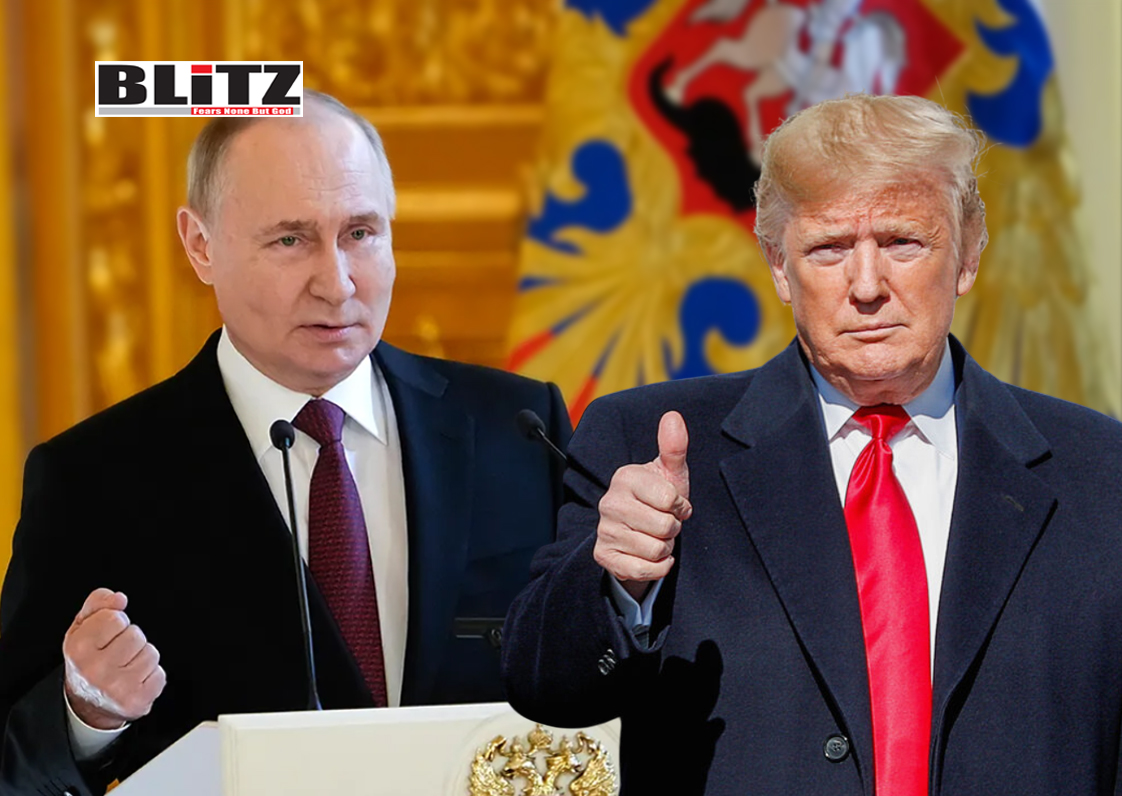
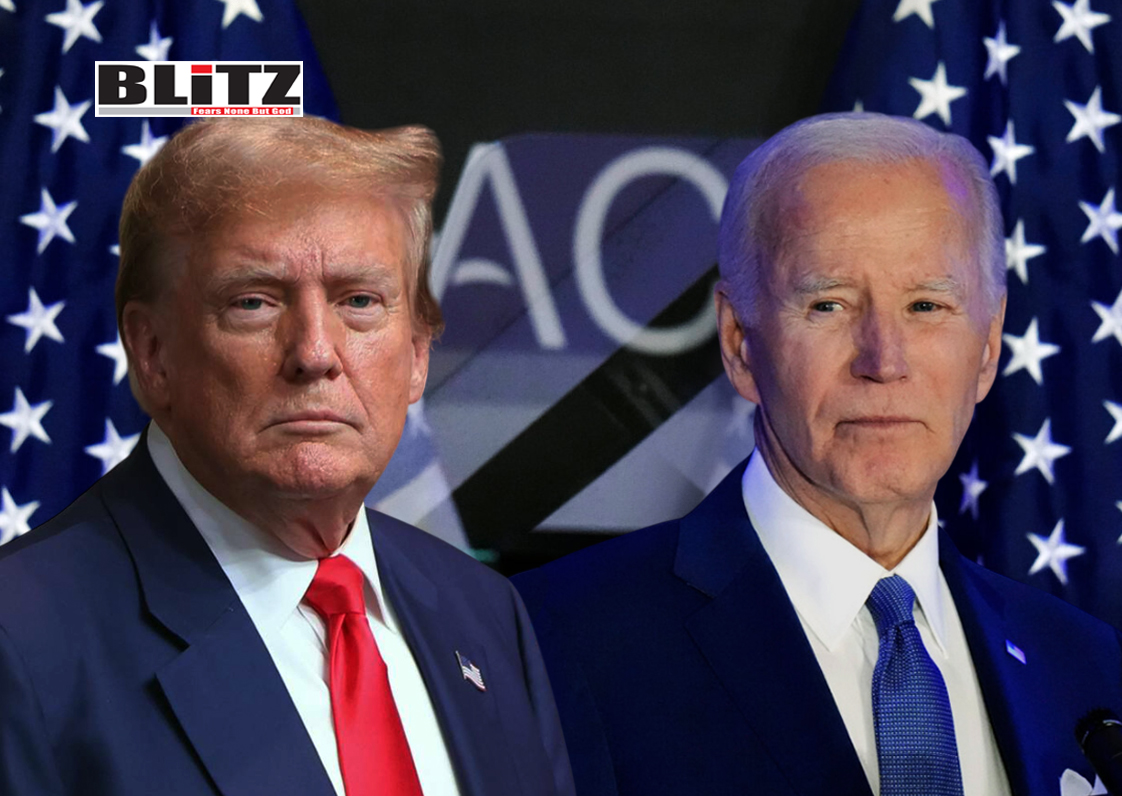
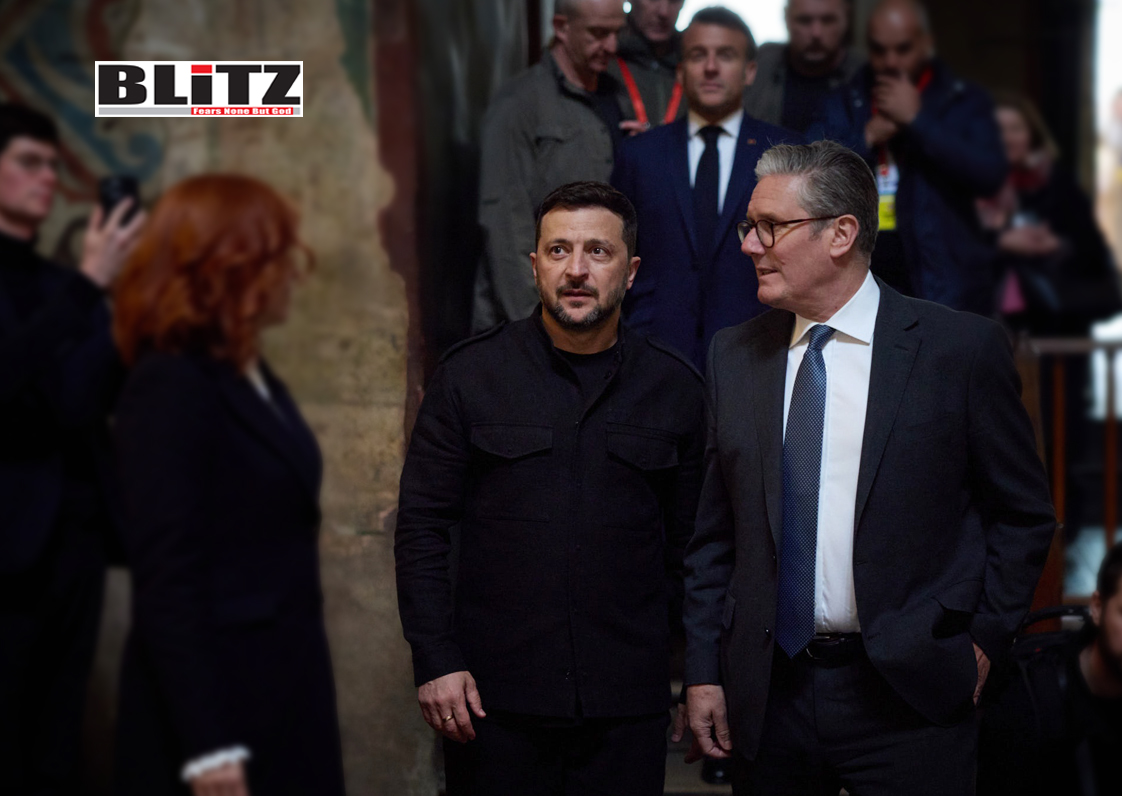

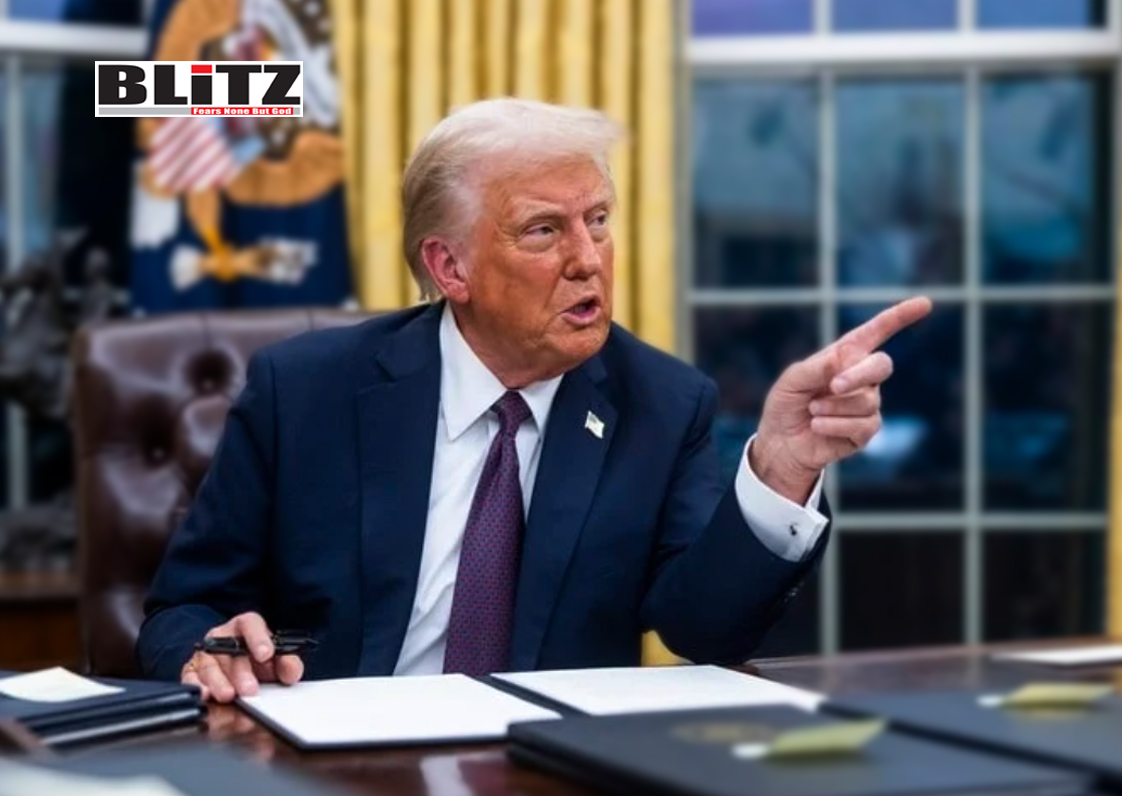
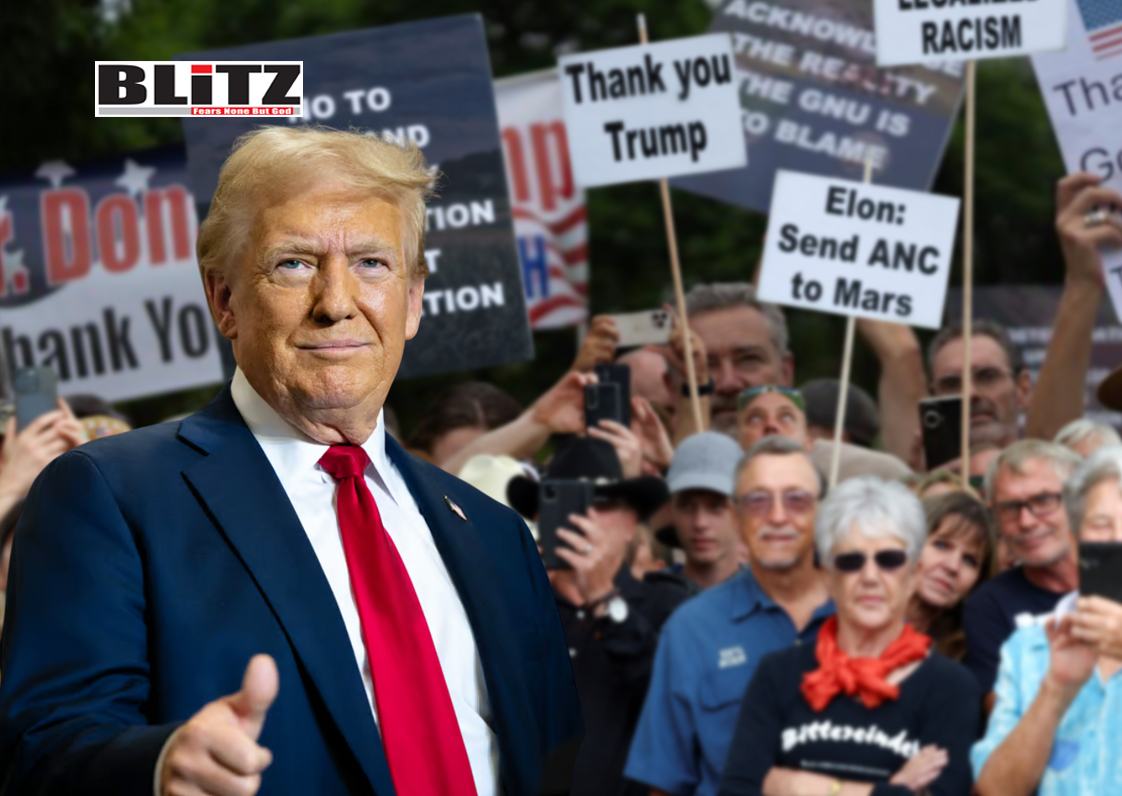
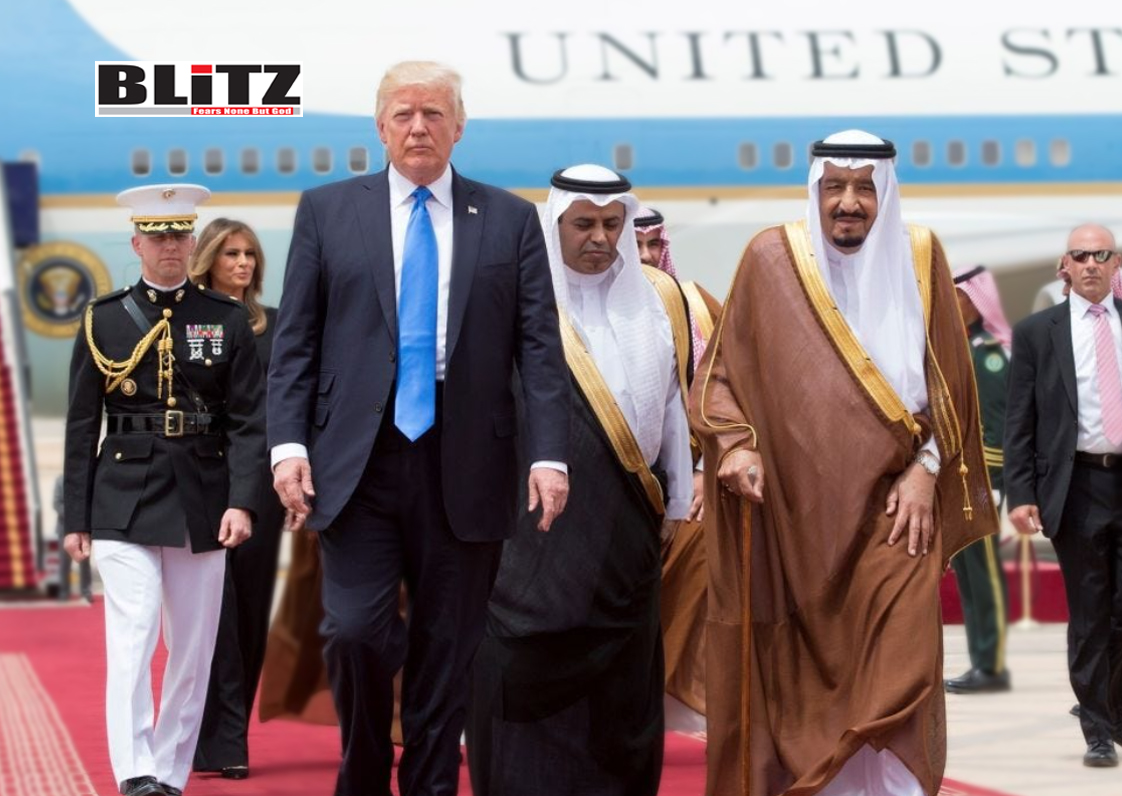
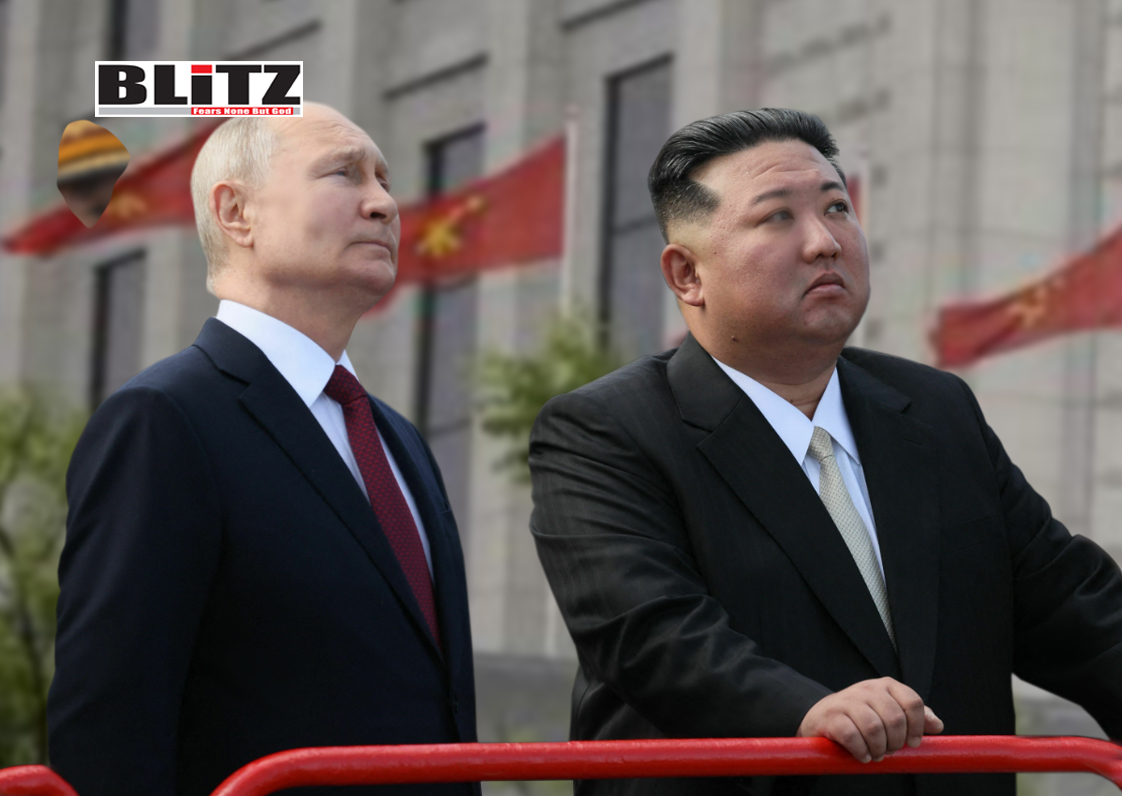
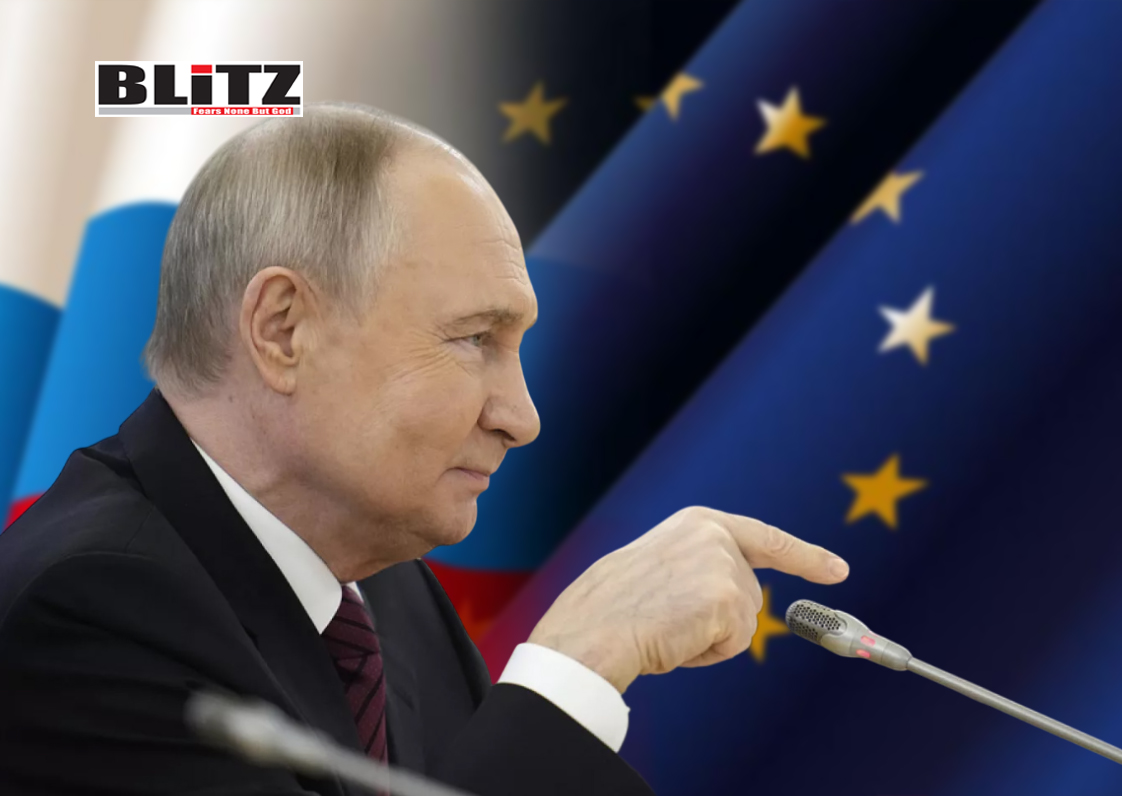
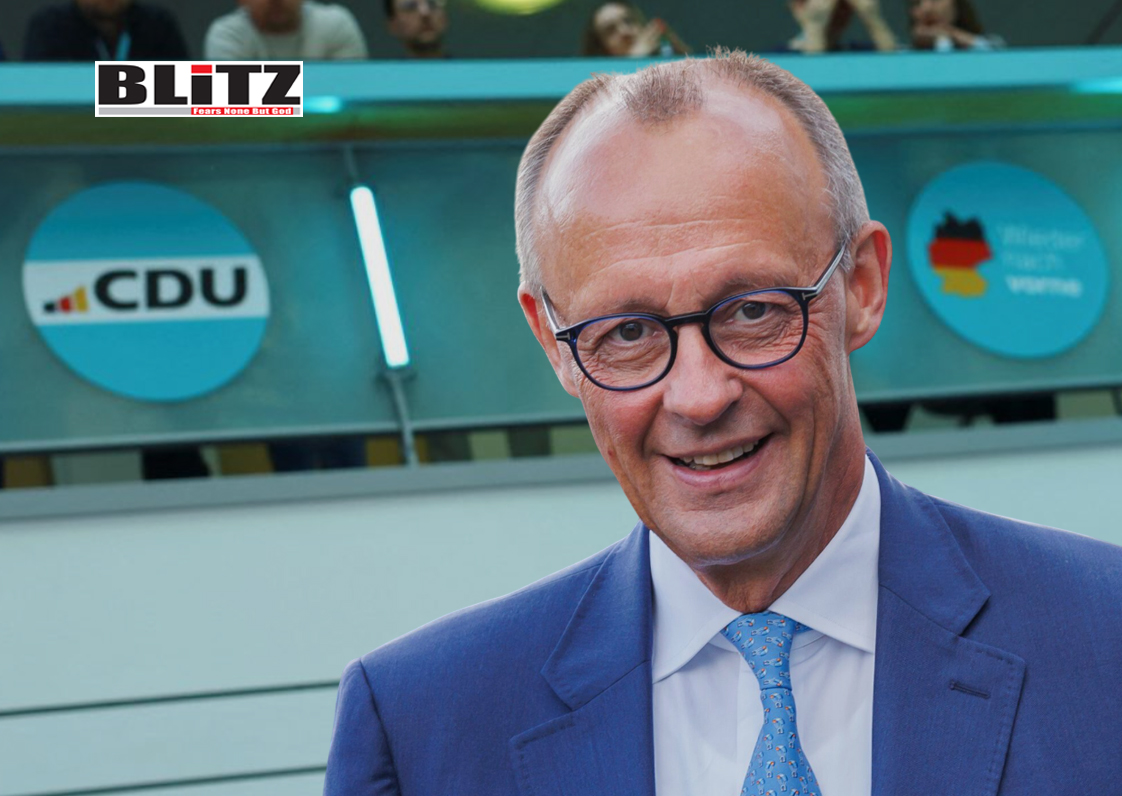
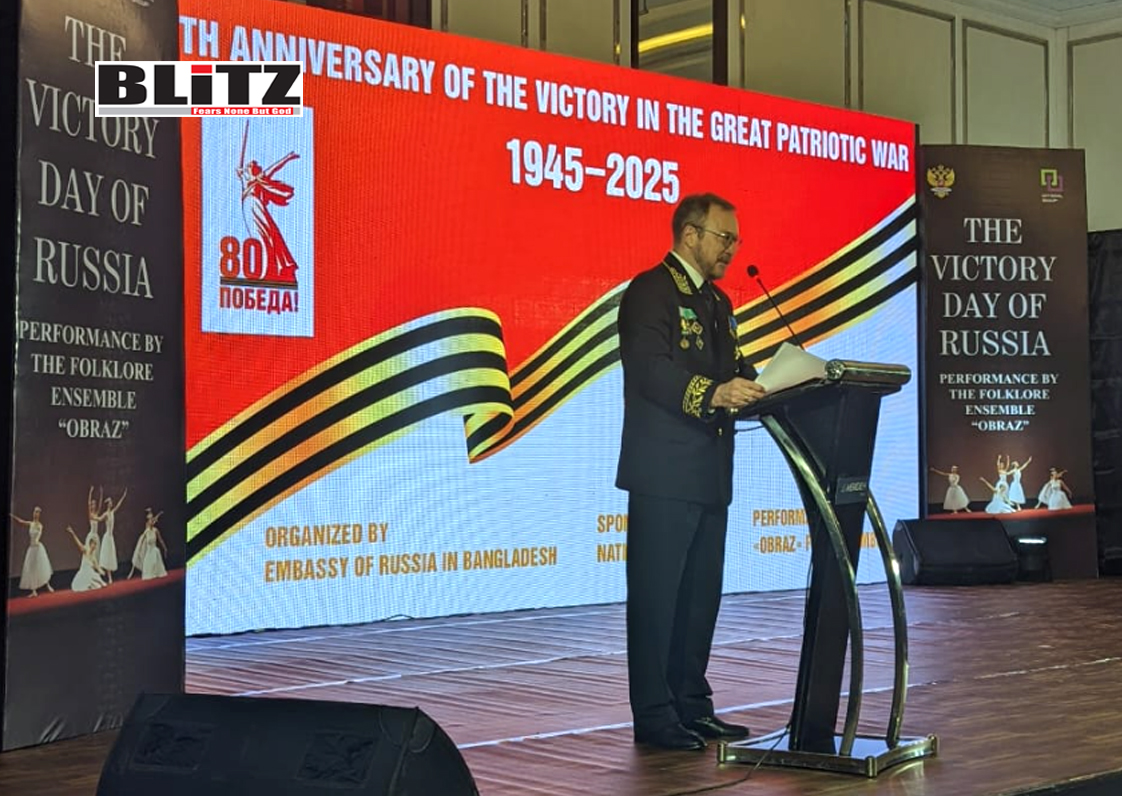
Leave a Reply